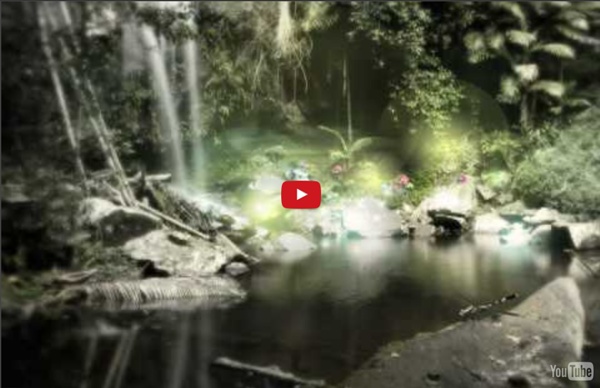



http://www.youtube.com/watch?v=VcwSLtSW44Q
Related: Romeo and JulietWords and Phrases Coined by Shakespeare Words and Phrases Coined by Shakespeare NOTE: This list (including some of the errors I originally made) is found in several other places online. That's fine, but I've asked that folks who want this on their own sites mention that I am the original compiler. William Shakespeare Biography Who Was William Shakespeare? William Shakespeare (baptized on April 26, 1564 to April 23, 1616) was an English playwright, actor and poet and is often called England’s national poet. Born in Stratford-upon-Avon, England, he was an important member of the Lord Chamberlain’s Men company of theatrical players from roughly 1594 onward.
William Shakespeare Biography William Shakespeare, often called the English national poet, is widely considered the greatest dramatist of all time. Synopsis William Shakespeare was baptized on April 26, 1564, in Stratford-upon-Avon, England. Insults by Shakespeare - April Gudenrath The Hip-hop Shakespeare Company is a music theatre production company founded by MOBO-award winning hip-hop artist Kingslee “Akala” Daley, 25. Based in London, THSC offers young people a different view of the arts and ultimately themselves. Through our education programmes, live music events and music theatre productions we engage young people, particularly those who are considered “hard to reach” and push them toward artistic excellence. By bridging music, theatre and performing arts in non-conventional venues we also strive to alter the perceptions of audiences of all ages, creating the ultimate entertainment experience via literature and the arts across the UK and beyond.
Shakespeare Bookshelf Comedies Histories Poetry Tragedies The titles in the listing above link to the editions from the 1914 edition of The Oxford Shakespeare at Bartleby. The Complete Works of William Shakespeare from Jeremy Hylton at MIT are also available. What Shakespeare Sounded Like to Shakespeare: Reconstructing the Bard’s Original Pronunciation What did Shakespeare’s English sound like to Shakespeare? To his audience? And how can we know such a thing as the phonetic character of the language spoken 400 years ago? Shakespeare's Globe Globe Theatre Links | Home (picture credit: Utrecht University Library) The sketch at left is perhaps one of the most important in theatrical history. In 1596, a Dutch student by the name of Johannes de Witt attended a play in London at the Swan Theatre.
A Quick Guide to Reading Shakespeare Probably the number one complaint about reading Shakespeare is that it doesn't always read like "normal" English. It's a natural and legitimate accusation. Shakespeare wrote for an audience over 400 years ago. Think about how word meanings and expressions change over a relatively short time; four centuries bring with them a lot of alterations. For instance, the history of literary English is the history of invasions, with Celtic supplanted by Anglo-Saxon, which was usurped by Norman French (and accentuated with Latin). Early Modern English Prior to and following the accession of James I to the English throne in 1603 the emerging English standard began to influence the spoken and written Middle Scots of Scotland. Modern readers of English are generally able to understand texts written in the late phase of the Early Modern English period (e.g. the first edition of the King James Bible and the works of William Shakespeare), while texts from the earlier phase (such as Le Morte d'Arthur) may present more difficulties. The Early Modern English of the early 17th century forms the base of the grammatical and orthographical conventions that survive in Modern English. History[edit] English Renaissance[edit] Transition from Middle English[edit]
Romeo and Juliet Comic [Grammarman Home] [Romeo and Juliet Menu] [Next Page] Jump to page: [1] [2] [3] [4][5] [6] [7] [8] Online Shakespeare Course: Shakespeare After All with Harvard Faculty Marjorie Garber, PhD, William R. Kenan Jr. Professor of English and American Literature and Language and of Visual and Environmental Studies, Harvard University